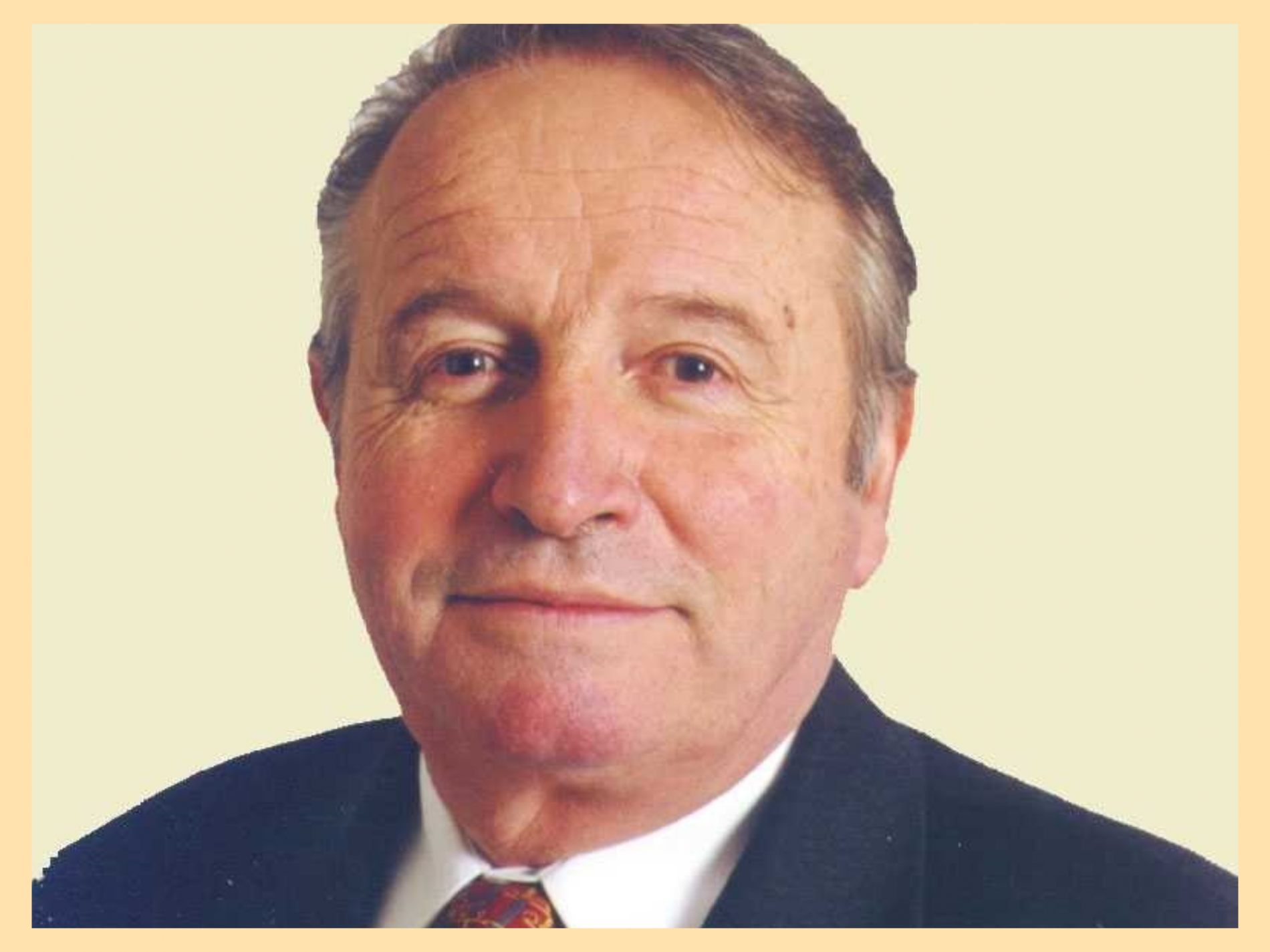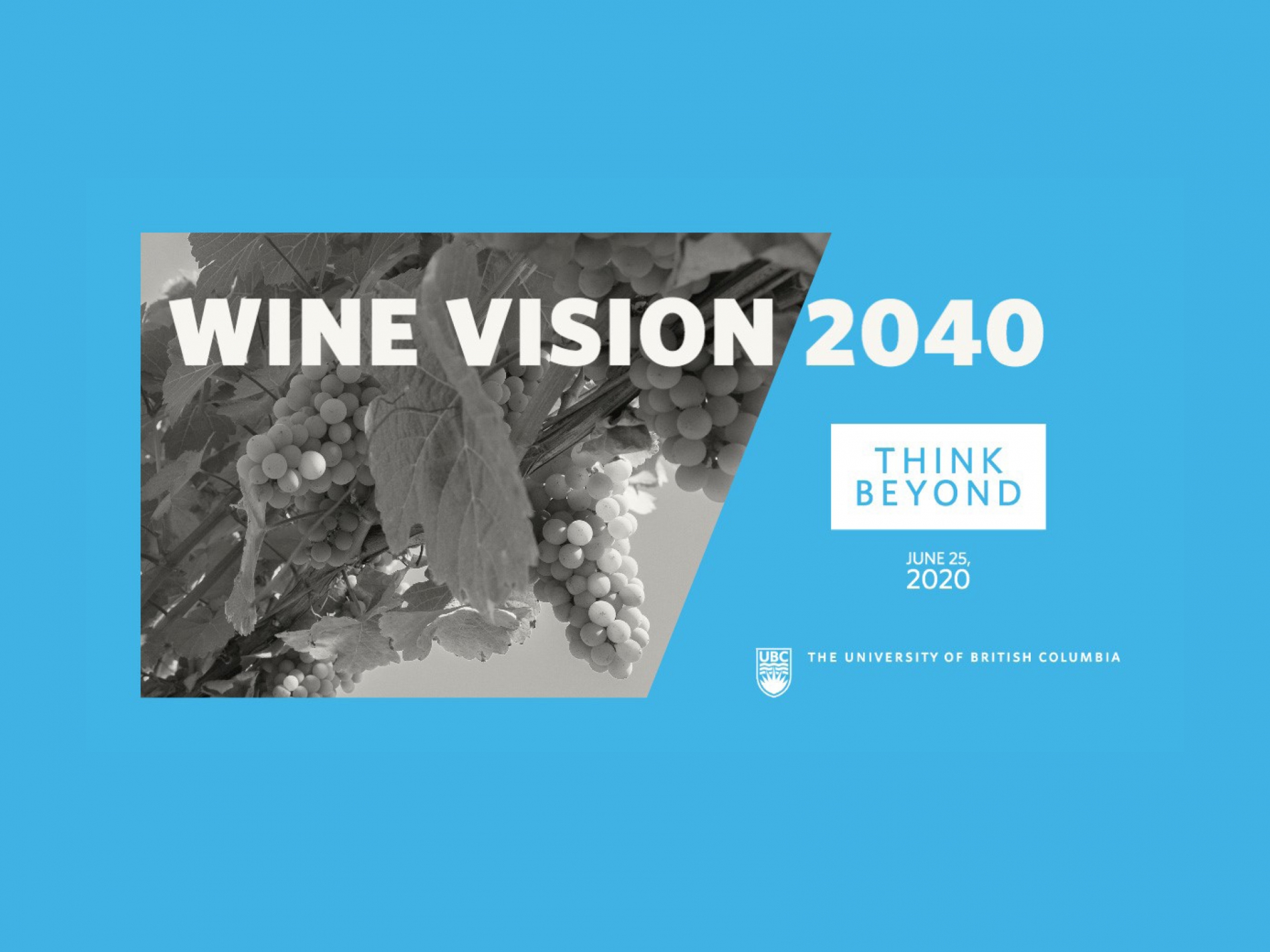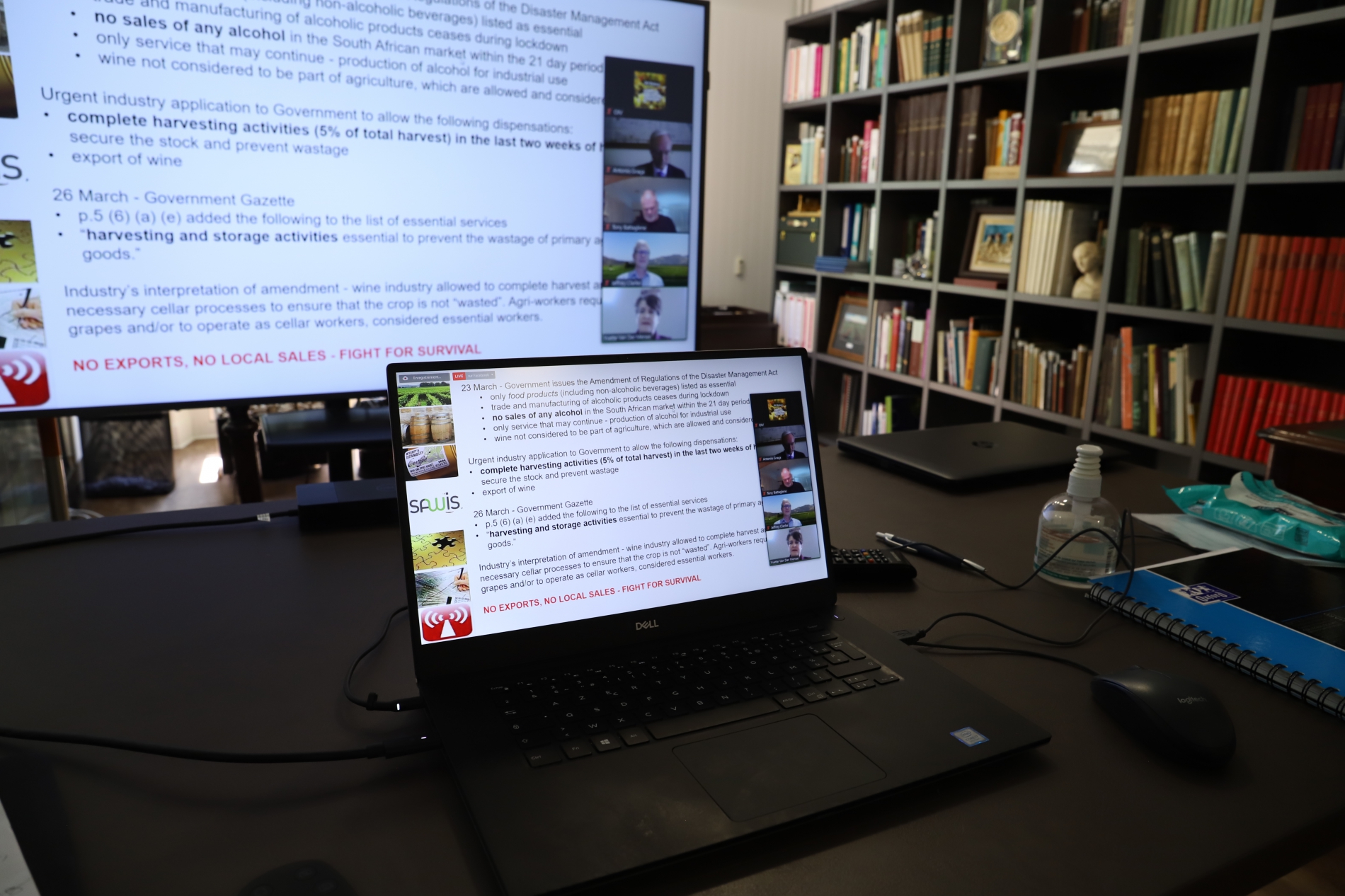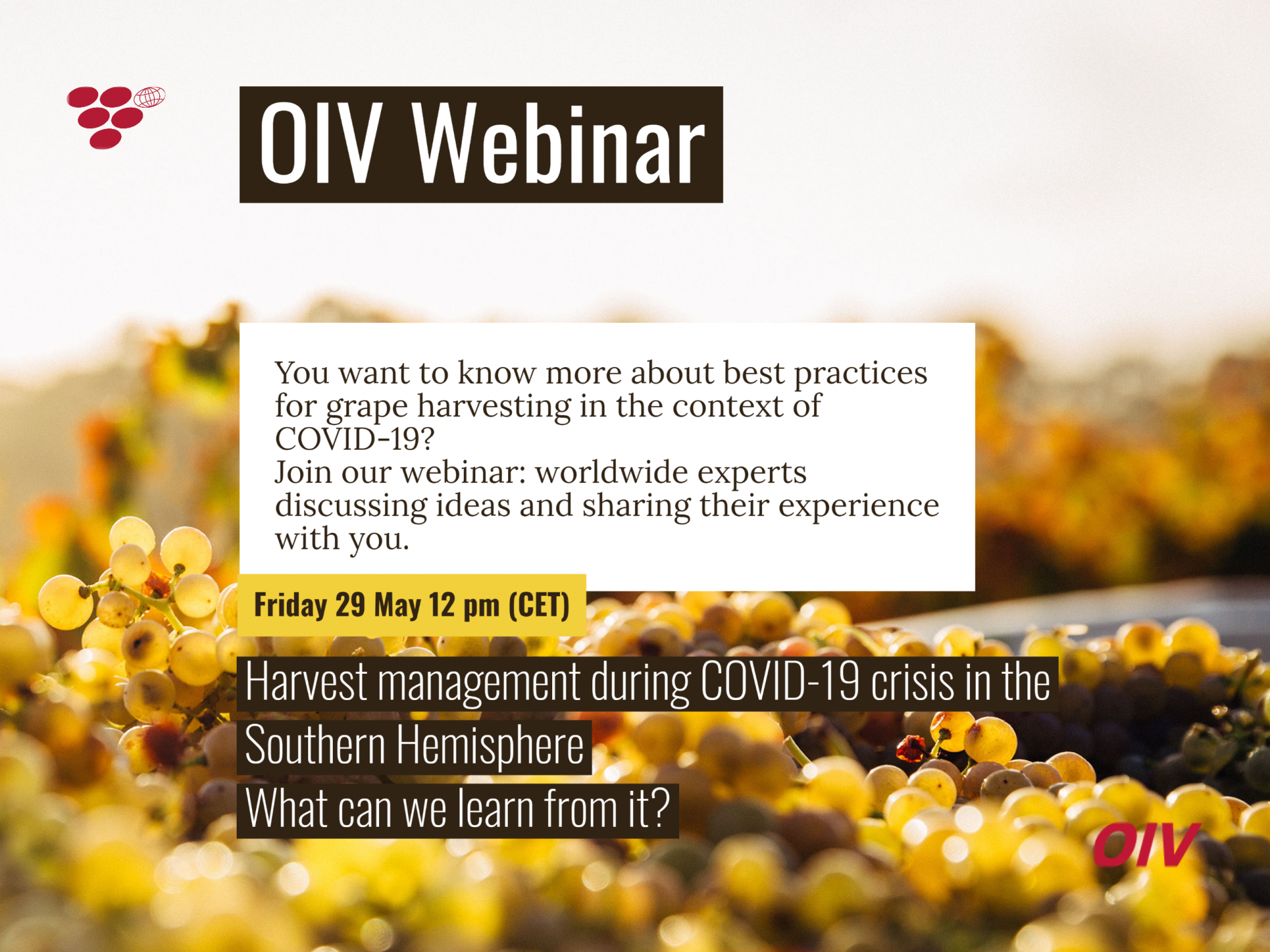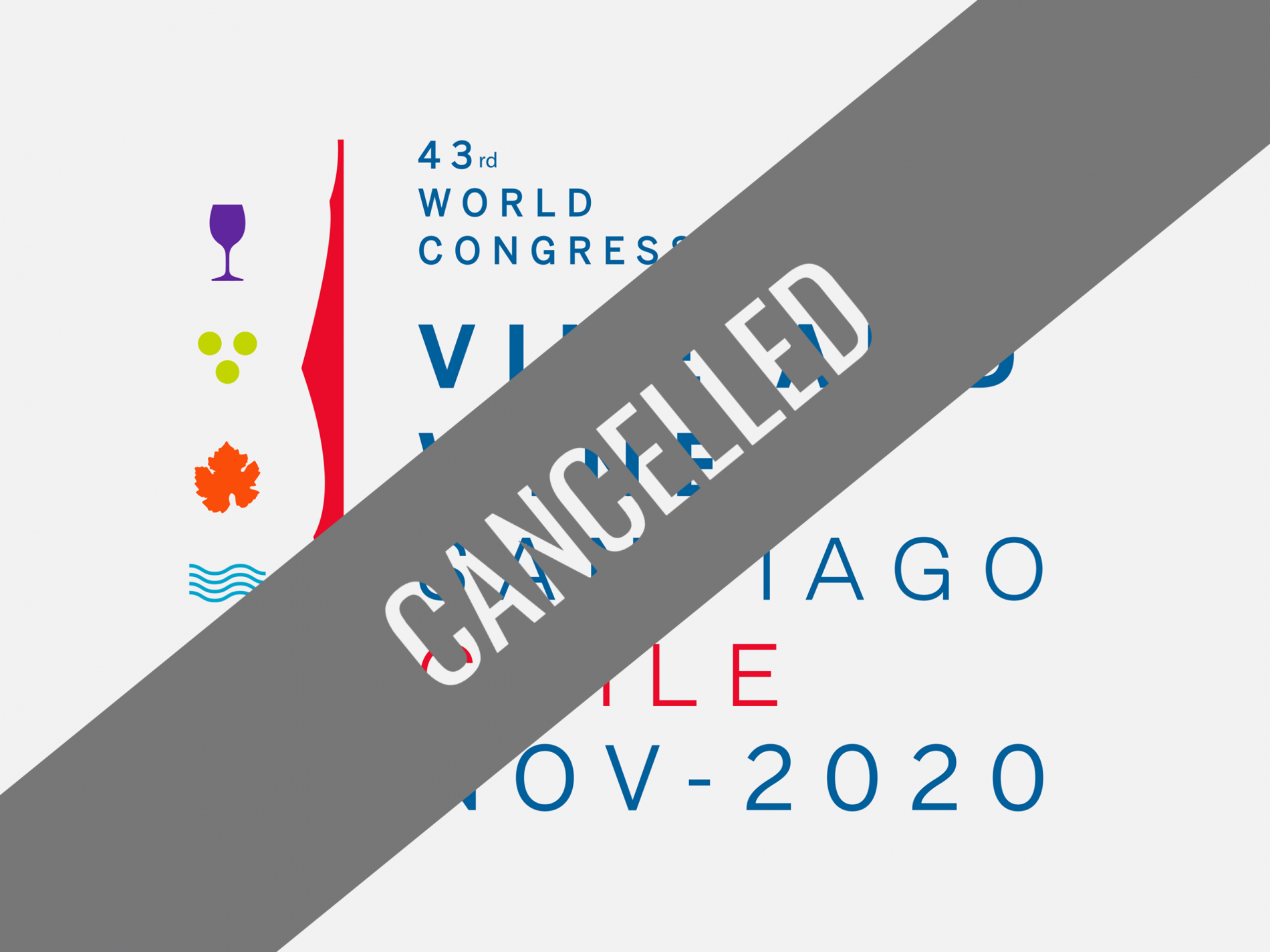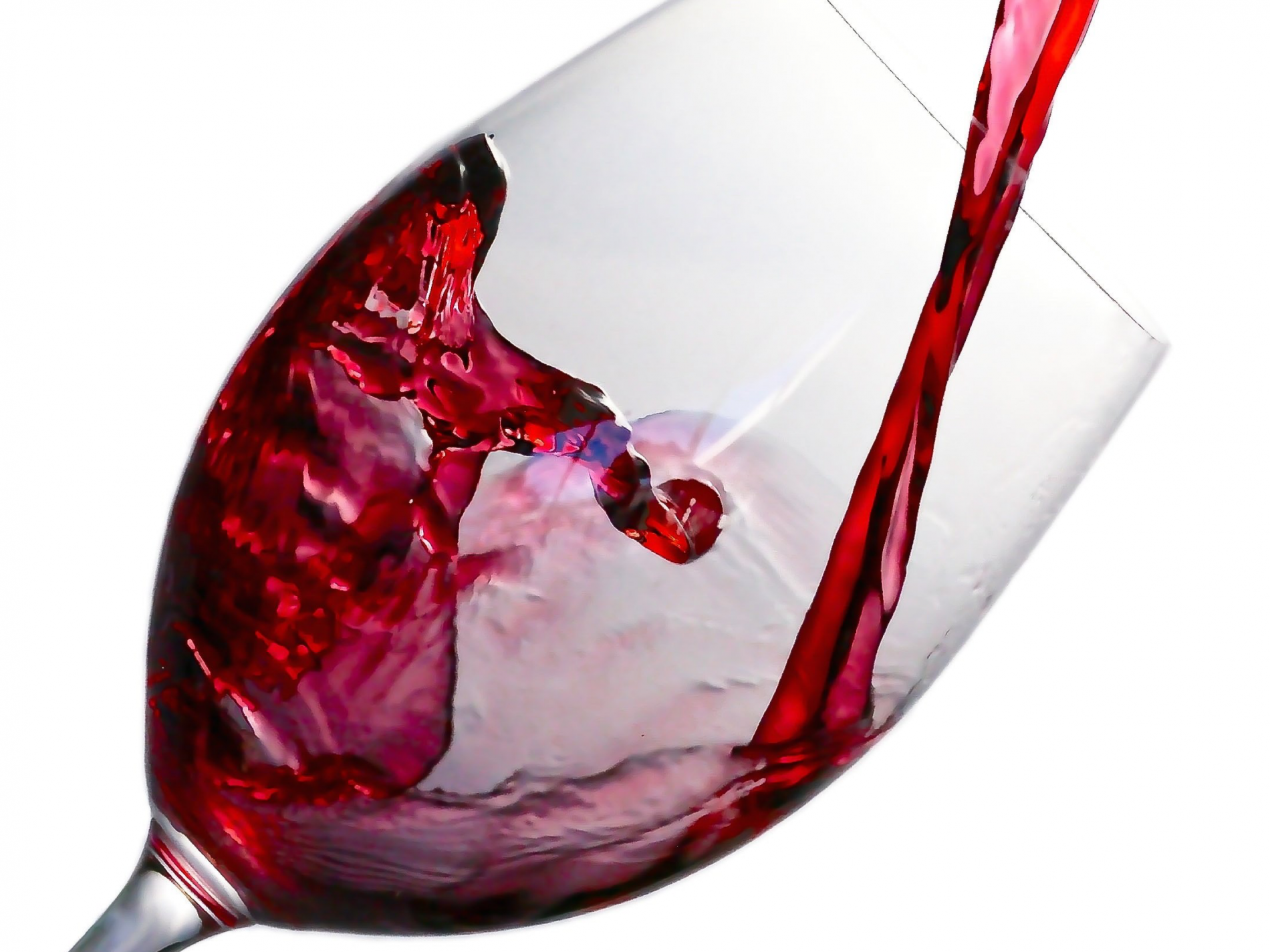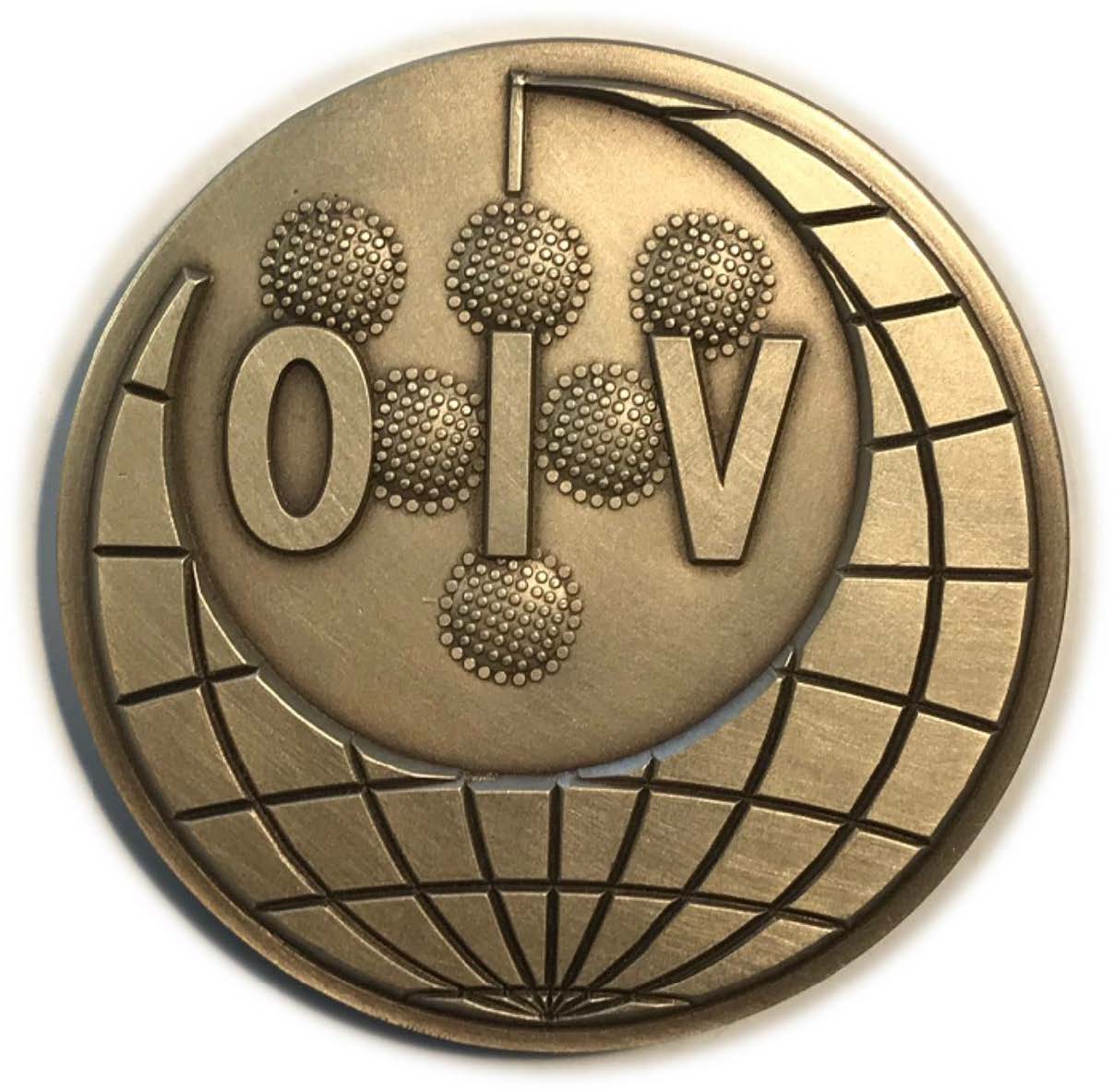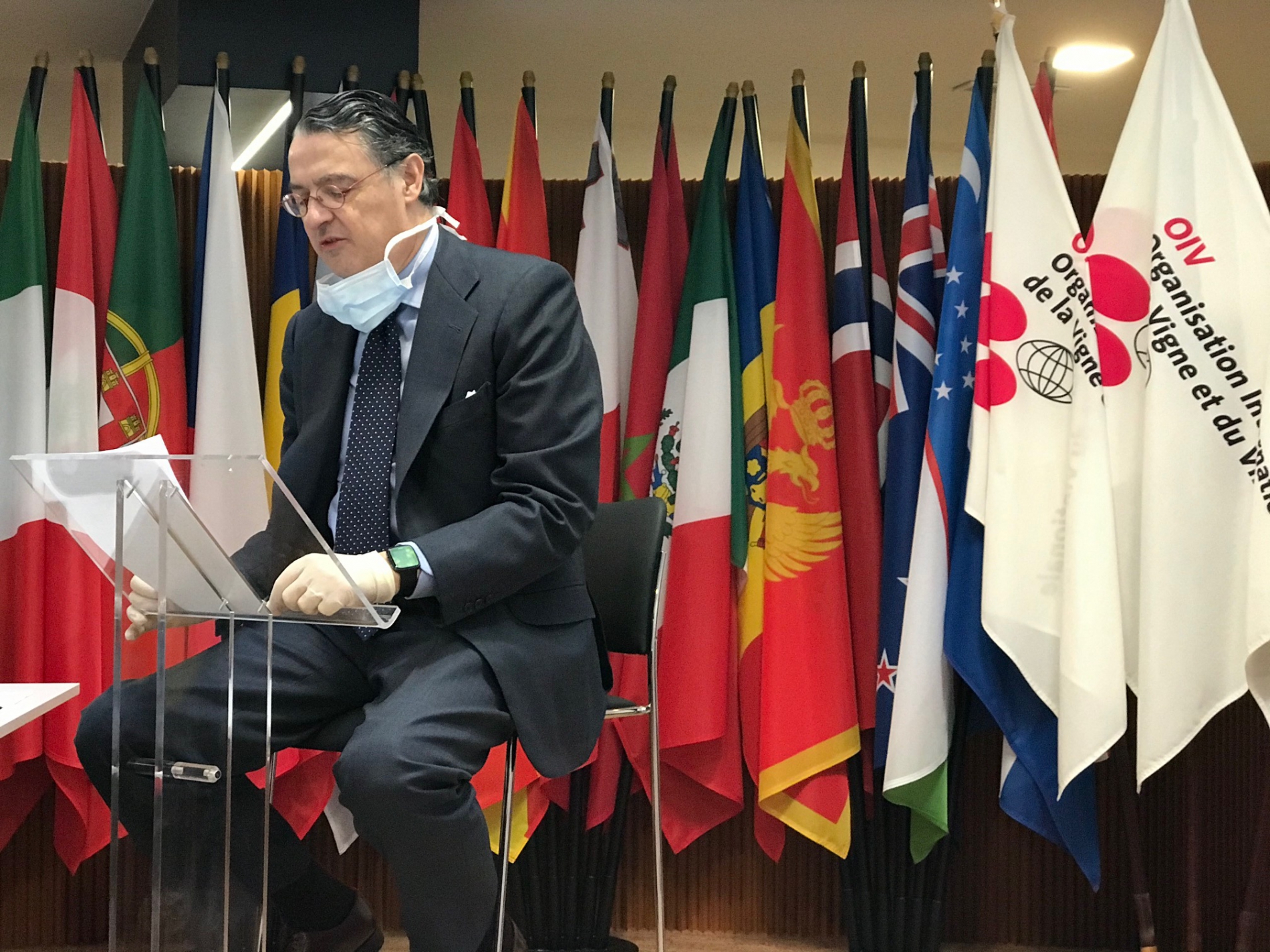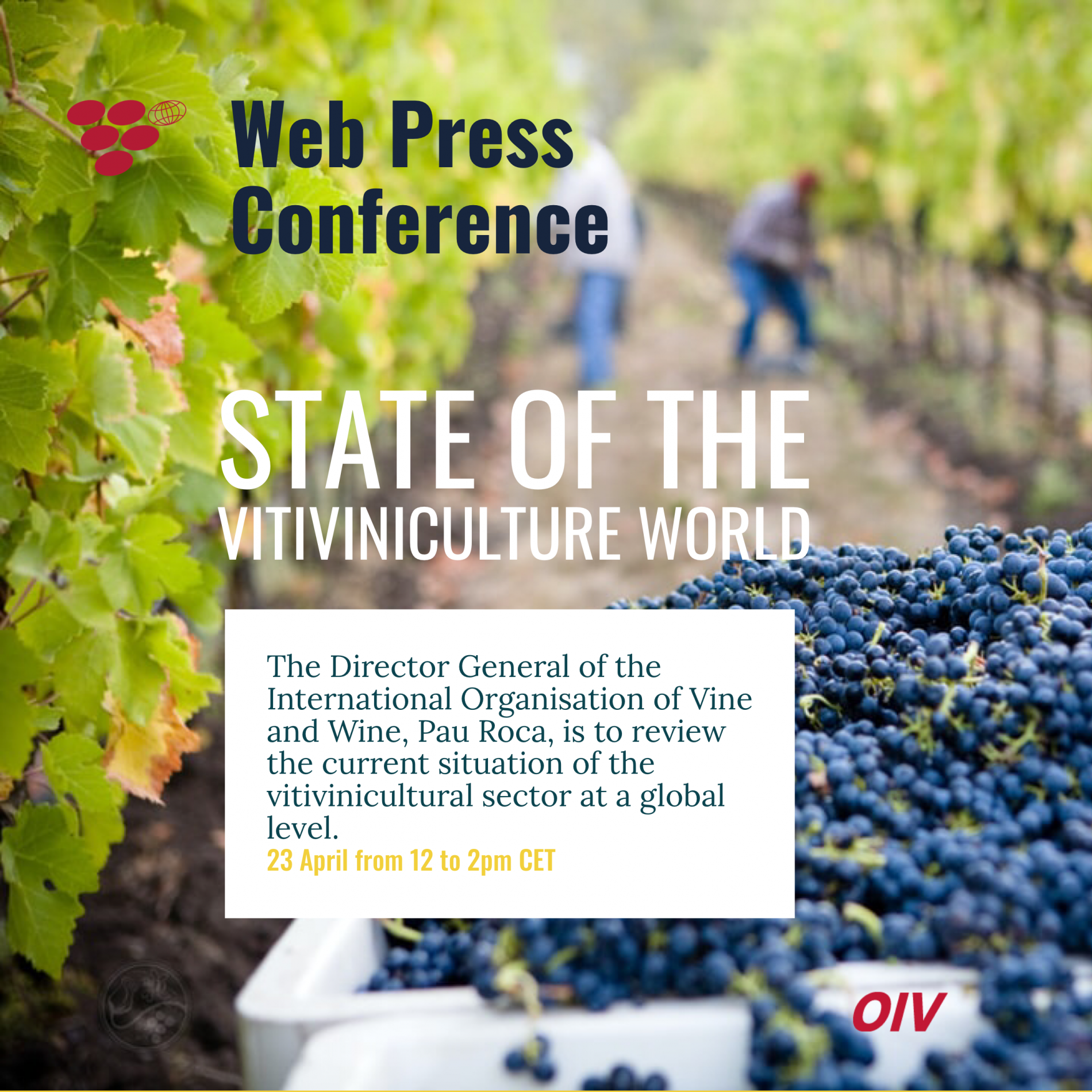09 Jul 2020
A General Engineer in Rural Engineering, Water and Forestry, Georges Dutruc-Rosset spent an exceptional career in various agricultural agencies of the French government. He was successively Assistant to the Director of the Agriculture and Forestry Authority in the departments of Pas de Calais, Seine et Oise and Gard. Then, from 1967 to 1972, he was Project Coordinator in charge of planning for the Cévennes National Park, before going on to lead a number of different agencies: Director General of the Society for the Development of Auvergne and Limousin in Clermont-Ferrand (SOMIVAL) (1972-1975),Deputy Director of the National Interprofessional Office for Livestock and Meat (ONIBEV) (1976-1980),Deputy Director of Planning at the Ministry of Agriculture and Forestry (1981-1986),Delegation Head for the ‘Integrated Mediterranean Programmes’ (IMPs) (1986-1987),Director of the National Interprofessional Office for Fruit, Vegetables and Horticulture (ONIFLHOR) (1987-1993),Director of the Interprofessional Office for Meat, Livestock and Poultry (OFIVAL) (1993-1995). As Chief of Staff to the Minister for Agriculture, Fisheries and Food, Philippe Vasseur (1995-1996), he was put forward by France as the candidate to succeed Robert Tinlot as OIV Director General. He was elected in South Africa in 1996, and held office until 2003, when Federico Castellucci was voted into office. His mandate was primarily devoted to a period of audit and reform of the OIV. It was during this time that the Agreement of 3 April 2001 establishing the International Organisation of Vine and Wine was negotiated and signed, as well as the OIV Rules of Procedure. A former Navy Captain, Georges Dutruc-Rosset was recognised by the French Republic for his achievements: he was an Officer of the Legion of Honour and of the National Order of Merit, a Commander of the Order of Agricultural Merit, and a member of the French Academy of Agriculture. His avowed passion for hunting led him to become Commissioner for the estates of Rambouillet and Marly-le-Roi on his departure from the OIV. The OIV pays tribute to the memory of our former Director, who devoted his skills to restructuring the Organisation, and we offer our sincere condolences to his wife Yvonne and his children.
28 Jun 2020
The event, moderated by Jacques-Olivier Pesme, Director of the Wine Research Centre at UBC, had also the participation of the panelists: Laura Catena (Managing Director, Bodega Catena Zapata, Catena Institute of Wine, Founder and Board Member), Linda Reiff (President and CEO, Napa Valley Vintners Association) and Pierre-Louis Teissedre (Professor at the Institut des Sciences de la Vigne et du Vin (ISVV) of the University of Bordeaux and OIV expert).The Director General of the OIV insisted on the fact that we only have "One Wine Planet", which was the title of his intervention. He raised the question of how and why we should take care of it as best we can. If only a few words were to be kept in mind, they would be: anticipation, evolution, conservation and resilience. The current situation is an interesting turning point to start with since “every crisis is part of an evolution, and we have to look at how other systems evolve” stated the Director General. Climate change will be in no doubt an even biggest challenge. In his opinion, from now on “the absolute value must be maintaining this planet with life”. In biological terms, this can be done by paying attention to the functioning of mature ecosystems, where energy waste is minimized in spite of their complexity. This fundamental idea, recently developed by the Director General of the OIV, questions the way in which economy will recreate its models. In order to forecast future models, we need to look at other ones and how "major ecosystems, being so complex and diverse, are energy efficient".Pau Roca has no doubt that “the next economy will not measure human performance in terms of growth, but in terms of the conservation of nature.” The wine sector is aware of the climate change issue and has been a pioneer in adopting an adequate behaviour. The close follow up of crops and the use of historical register show this long-lasting relation. Finally, he ended by mentioning two assets of the wine sector. Firstly, the efficient value chain specific to the wine sector: indeed, the large segmentation of prices as well as the strong link to the terroir and the origin, are advantages for the wine sector. Secondly, the multiplicity of actors “since diversity and complexity are a key factor for overall performance and for resilience”, summarized Pau Roca.In conclusion, for Pau Roca the wine economy can be a “paradigm of sustainability” and has many of the elements to be successful in a future economy.
04 Jun 2020
On 29 May, the OIV held the webinar “Harvest management during Covid-19 crisis in the Southern Hemisphere – what can we learn from it?”. Five experts from Australia, New Zealand, South Africa, Chile and Argentina, discussed the challenging situation they were confronted with during the past 3 months, namely:
- Tony Battaglene, Chief Executive of Australian Grape and Wine Incorporated
- Jeffrey Clarke, General Manager Advocacy & General Counsel of New Zealand Winegrowers
- Yvette Van Der Merwe, Executive Manager, South Africa Wine Industry Information and Systems (SAWIS)
- Aurelio Montes, President, Wines of Chile
- Daniel Rada, Director, Argentine Wine Observatory / Professor of International Economics, National University of Cuyo, Argentina
- Risk management plans in place
- Cleaning protocols
- Hygiene and appropriate availability of sanitiser products
- Social distancing and use of shifts
- The use of traceability protocols
- find new and creative ways to build on the relationship with the customer
- opportunities identified
- online/direct sales/e-commerce
- digitalisation/development and application of technology
- new partnerships
- increased collaboration – client relationships
- Digital tools and using it as a key-element of carrying on with activities
- Increase in the rate of use of available technology
- Provision of information to all actors of the industrial chain
- Loans issued by the national government intended to help wineries afford labor costs
- Maintaining employment levels
- Training and instruction
CONCLUSIONSResilience, planning and transparency are key“If you use lessons you have learned from past crisis to prepare future crisis, you become better prepared to manage them”. The moderator, Antonio Graça started his conclusion by stressing the importance of transparency when managing the Covid-19 crisis, mentioned by the New Zealand speaker, Jeffrey Clarke. Adding: “the transparency of all processes, not just during the crisis, but for the planning of any future crisis, gives a sense of confidence to all actors and stakeholders in the value chain”. In this sense, Graça also reminded another key pointed out by Yvette Van Der Merwe: the importance of coordination. “Coupling that with sound planning, the coordination of all actors is essential, and can determine the success or failure of any effort towards these issues”.Finally, a boost to digitalisation “We had a lot of digital tools available before, but we were not pressed enough to start using them, and now that you (in Southern Hemisphere ) have used them, because of the crisis, they will remain”, stated the moderator, explaining that it is “very important for the Northern Hemisphere [to realise] that we sometimes have available options that we’re not using, not because they’re not good or have no value, but just because we are used to do things like we have always done, and the inertia to change is always present”. So, he concluded: “a concerted effort to overcome that inertia is always a good point towards getting out of crisis in good shape”.Antonio GraçaCoordination with governments and local authorities is essentialCoordination with all actors in the sector is very important. Clear communication mechanisms and tools are needed to get the message that wine sector is essential and plays an important role in the life of rural communities in terms of employment, economic activity, landscapes, etc...Coordination with government authorities is needed to ensure safe and efficient continuity of operations during the crisis, but also to secure financial and organisational support after the crisis to allow operators to recover from the consequences of the crisis. The role of the OIVCovid-19 pandemic showed that the OIV has the means to play an essential role in crisis management. First, the message of essential role of vitiviniculture must be enhanced and promoted. Second, experience and information sharing in case of major crisis or technological shifts can be helpful for governments and industry players to better adapt to new conditions. Without any doubts, the OIV must remain an important partner of governments.
19 May 2020
On 29 May at 12pm CET, the OIV will hold a webinar on how the pandemic hit the Southern Hemisphere during the grape harvest. 5 speakers from the Southern Hemisphere will explain how the vitivinicultural sector adapted to the situation on short notice to ensure the continuity of the grape harvest, what means and tools were implemented and what consequences it had.PROGRAMME In the current situation, it is the role and privilege of the International Organisation of Vine and Wine (OIV) to help inform and support the wine sector. The OIV relies on an international panel of experts from 47 countries and works on sharing and disseminating good practices throughout the world. Moderated by Antonio Graça, Secretary of the Sustainable Development and Climate Change experts group of the OIV (Portugal), this webinar will bring together five speakers from Argentina, Australia, Chile, New Zealand and South Africa to discuss the challenges of managing the COVID 19 crisis at grape harvest time in the Southern Hemisphere. SPEAKERSTony Battaglene, Australia Chief Executive of Australian Grape and Wine Incorporated Jeffrey Clarke, New ZealandGeneral Manager Advocacy & General Counsel of New Zealand WinegrowersYvette Van Der Merwe, South AfricaExecutive Manager, South Africa Wine Industry Information and Systems (SAWIS)Aurelio Montes, ChilePresident, Wines of Chile Daniel Rada, ArgentinaDirector, Argentine Wine Observatory / Professor of International Economics, National University of Cuyo, Argentina MODERATORAntónio Graça Head of Research and Development at Sogrape Vinhos SA, Secretary of Sustainable Development and Climate Change experts group - OIV
REGISTRATIONSOIV Webinar [EN]Friday 29 May 12 pm (CET)Please register hereAbout the speakersTony BattagleneTony Battaglene is the Chief Executive of Australian Grape and Wine Incorporated (Australian Grape & Wine). Australian Grape & Wine is Australia’s national association of grape and wine producers, representing their interests at the national and international level. Australian Grape & Wine was incorporated on 1 February 2019 after Winemaker’s Federation of Australia (WFA) and Wine Grape Growers Australia merged to form a single representative body. Prior to taking on the Chief Executive role at Australian Grape and Wine, Tony Battaglene was Chief Executive of WFA.Vice president of the Economy & Law OIV commission Tony Battaglene as had a distinguished career working in the research, policy and agri-political space. He has worked as a scientist and economist before moving into a policy role with the Australian government.Jeffrey ClarkeJeffrey Clarke has been General Manager Advocacy & General Counsel of New Zealand Winegrowers since 2014. New Zealand Winegrowers is the unified national organisation for all of New Zealand's winemakers and independent grape growers. The organisation currently has approximately 700 grower members and 700 winery members.He is a Vice-President of FIVS (International Federation of Wines and Spirits), represents New Zealand industry at meetings of the International Organisation of Vine and Wine, and is a Director of The Tomorrow Project, a social change charity working to make responsible drinking the norm in New Zealand.Yvette van der MerwePresident of the Expert group on Economic analysis, markets and consumption under the Economy Commission at the OIV, Yvette van der Merwe is the Chief Executive Officer of South African Wine Industry and Systems (SAWIS). She deals with certification of wine in terms of the Wine of Origin Scheme of the Liquor Products Act and the management of statistical information in terms of the Marketing of Agricultural Products Act.Aurelio MontesAurelio Montes is a graduate Agricultural Engineer from the Catholic University of Chile and a renowned Chilean oenologist. He is a pioneer in hillside plantations in Chile and contributed to the recognition of Chilean wines abroad. Aurelio's own winery, Montes Wines, pays specific attention to the development of a sustainable culture at all stages of the production process. He also worked on wine-growing regions that were originally not planted with vines and explored new areas to cultivate vines.Daniel RadaGraduated in Economics, Daniel Rada is Tenured Professor of International Economics at the Faculty of Economic Sciences, of the National University of Cuyo, and Lecturer in International Monetary Economics at the same university.From 2008 to 2014, he worked as Assistant General Manager of the Corporación Vitivinícola Argentina (COVIAR), in charge of the Administration and Financial Management. During this period, he was involved in issues related to the wine industry, addressing aspects of corporate strategy development, sectoral studies, monitoring of the strategic plan (development of goals, indicators, etc.), project evaluation and development of information on the vitivinicultural sector.He was in charge of the formulation and implementation of the Argentine Wine Observatory project and is currently its Director.About the moderatorAntónio GraçaAntónio Graça is the Head of Research and Development at Sogrape Vinhos SA. He holds a MSc. degree in Oenology. In 2009, he cofounded PORVID - Portuguese Association for Grapevine Diversity, being in its Board of Directors since. He acts as Secretary with the Sustainable Development and Climate Change expert group of the OIV. He assisted in the creation of the first European research agenda for the wine industry by the CEEV - Comité des Entreprises Européennes de Vin, published as position paper in 2016. Antonio has published several scientific works, co-authored OIV expertise documents and is currently focusing on genetic resources conservation, climate change adaptation, resilience and precision management of production systems.
18 May 2020
The International Organisation of Vine and Wine regrets to inform you of the cancellation / postponement of the 43rd World Congress of Vine and Wine that was to take place in 2020 in Santiago, Chile. We also received information from Uzbekistan expressing its wish to postpone the congress scheduled for 2021 in Samarkand. The World Congress of Vine and Wine represents a key moment in the life of the OIV. Usually held every year at the invitation of one of the 47 Member States, congresses are a place for scientists of different backgrounds to meet and exchange views and knowledge. The results of work in the fields of viticulture, oenology, economics and regulatory development of the sector are presented, as well as food security and health impacts. For 2020, Scientists around the world were invited to present their work and share their experiences in Chile about "Adaptation to new scenarios: production, social and market challenges.” The OIV is working on a way to promote these congresses in another format to compensate for the cancellation of these meetings in the next two years. More information will be communicated in due time. In the meantime, you can consult the book of abstracts of former congresses here. On behalf of the Organising Team in Chile and the OIV Secretariat, we thank you for your attention and hope to see you at the next World Congress of Vine and Wine. We remain available for any further questions on this subject at papers[at]oiv.int Stay well, keep safe, all the best from the OIV.
14 May 2020
In an effort to keep the pace of the digitalisation process that is currently affecting all sectors of the economy, including the international public sector, the OIV intends to contract a consultant/partner to collaborate on the design and planification of a comprehensive and detailed strategy of digital transformation of the organisation.Behind this project there is the awareness that the OIV needs a global view on IT projects to update and optimise its capacity and efficiency in terms of both internal/external communication with its stakeholders and data/information management.All information here
06 May 2020
In an effort to adapt to the current exceptional situation, the OIV is introducing derogatory measures concerning the geographical dispersion of jurors in international competitions.The OIV supports the activity of the wine sector by inviting wine competitions to rely on national tasters during this transitional period. Anxious to convey a strong institutional message in these difficult times, the OIV not only allows, but urges the organisers to call on national tasters with proven experience of international competitions. This institutional response is part of an awareness of the need to reduce travel so as to limit the spread of the virus.This temporary derogation measure runs from 6 May 2020 to 31 December 2021.OIV derogatory rules for competitions regarding COVID-19About OIV patronage
03 May 2020
At the time of their creation in 1930, the « Award of the International Wine Office » is concerned with rewarding 3 different categories of publications, by allocating sum of money for the purposes of encouraging research. 1°) « the study of issues concerning wine chemistry and oenology »2°) « the best original work on a process for detecting the addition of sugar to must or wine » 3°) « the best works concerning wine ».Read full articleArticle I
21 Apr 2020
- The surface area of the world vineyard is estimated at 7.4 mha, stable since 2016
- World wine production, excluding juices and musts, in 2019 is estimated at 260 mhl, a marked decrease, compared to the historically high 2018 production
- After the slight decline in world wine consumption registered in 2018, world wine consumption in 2019 is estimated at 244 mhl, marking a +0.1% with respect to the previous year
- In 2019 the world wine export market has expanded with respect to 2018 both in volume, estimated at 105.8 mhl (+1.7%), and in value with 31.8 bn EUR (+0.9%)
- First estimates of wine production in the southern hemisphere indicate low expected volumes for 2020 for the majority of countries, with the exception of South Africa and Uruguay
19 Apr 2020
The Director General of the OIV invites you to :A live webcast press conference, available with simultaneous interpreting into English, French, Spanish, Italian and German. Thursday, 23 AprilFrom 12 to 2PM.To follow the web conference, please click on this link: https://live.kudoway.com/br/110113476848 Useful information: Join the meeting via computer:•You must be on Google Chrome or Firefox•Have your headset with microphone ready•When the time comes, join the meeting by clicking on this link: https://live.kudoway.com/br/110113476848 Join the meeting via smartphone:•Download the KUDO app: App Store, Play Store•Have your headset with microphone ready•When the time comes, open the KUDO app, click 'join with session ID' and join the meeting by entering the following session ID: 110113476848
